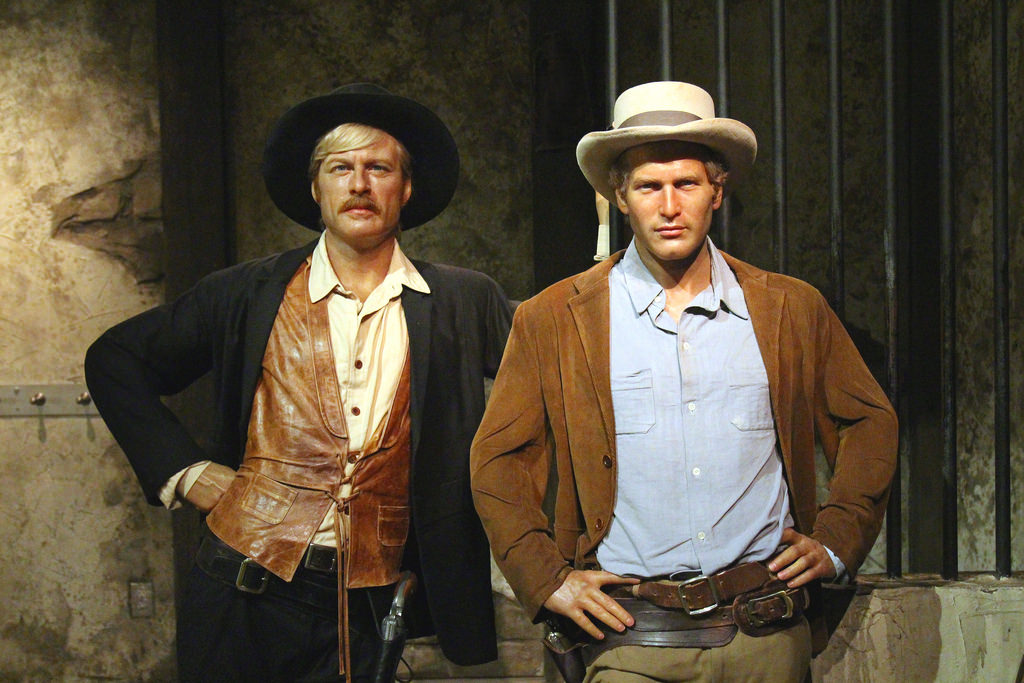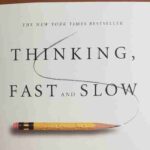A confirmation bias is the tendency to search for, interpret, favor, and recall information in a way that conforms to one’s preexisting beliefs or hypotheses while giving disproportionately less consideration to alternative possibilities. A confirmation bias is a type of cognitive bias and a systematic error of inductive reasoning. People display this bias when they gather or remember information selectively, or when they interpret it in a biased way.
The confirmation bias often becomes an issue when it comes to business theories. Many business theories postulated by the so-called experts are based on the author’s unique hypothesis or perspective and based on their personal confirmation bias. Often, these hypotheses and perspectives are the result of looking at a successful business, such as Facebook or Uber, and then looking for clues that support the hypothesis in the business’s past to explain its success. While these theories appear plausible on many levels initially, these theories often turn out to be incorrect in the long term when all the facts are considered or when future events are added to the equation.
To put this idea in perspective, let’s use the example from one of my favorite movies, “Butch Cassidy and the Sundance Kid,” starring Paul Newman and Robert Redford. As the West becomes more civilized and after one too many train robberies, a special posse was formed to hunt down Butch and Sundance. After narrowly escaping capture, they make the decision to evade the eventual hangman’s noose by moving to Bolivia.
Needing money, the pair robs a bank and discover it is quite easy since few people were armed in Bolivia when compared to the American West. At that moment in time and based on these few facts, the decision to relocate to Bolivia looked like a very wise one. A theory emerges that Bolivia is a ripe market for bank robbers and all the available evidence supports this theory. However, as we know, they have killed in a shoot-out with the Bolivian army not long after.
So, a theory or hypothesis based on a subset of considered facts made complete sense in a particular moment of time. Since we cannot predict future events, it seemed plausible. However, it did not stand up to the test of time.
When you look at most business success stories, they were not the result of superior planning or execution but were frequently the result of good timing and plain old good luck.
For example, Facebook did not start out with the vision of becoming a social media platform for users to connect with friends and family. It started out as a “hot or not” game exclusively for Harvard University students. Mark Zuckerberg, its founder, even faced charges of violating copyrights as well as the individual’s privacy by stealing student pictures from the student directory.
Most often the lessons that are shared by the authors of new business theories are based on where the business is now and a subset of data collected and analyzed based on the author’s confirmation bias.
However, recognizing your confirmation bias can allow you to leap past your competition. Let’s consider a lesson from the Sony Betamax introduction.
Sony recognized that families were being presented with more TV programming options, but suffered from less available time to watch them. Moreover, they anticipated that families wanted the ability to record their own home movies. As a result, they developed the Betamax videotape format in 1975.

A year later in 1976, rival JVC introduced an inferior product when it introduced the VHS format.
Sony’s Betamax format used a propitiatory architecture while JVC VHS format was licensed to 3rd party developers. We all know what happened next. Beta lost the videotape format war to VHS. But the story did not end there.
The business lesson postulated by many business gurus of the day blamed the demise of the superior Beta video format on Sony’s use of a proprietary architecture that sacrificed the cumulative advantage that could be gained by licensing a technology to 3rd party developers. The zeitgeist in the tech world based on the Sony Betamax demise was the use of a proprietary architecture was no longer a viable business model.
This theory made sense given the collection of data most people were using to explain their hypothesis. From the Betamax failure came the open architecture movement of the 1980 and 90’s.

However jump ahead to 2001 when Apple introduced the iPod. Steve Jobs recognized the collective confirmation bias that gave rise to the open architecture movement. The iPod was based on a propitiatory architecture just like the Sony Betamax. Moreover, Apple introduced the proprietary iTunes music management application. Based on the lesson from the failed Sony Betamax, the Apple iPod was hailed as an incredibly bad decision by Apple when it was introduced. Yet, as we all know, the iPod was a crazy success for Apple.
As business persons, we try to learn from the failures of others so as to not make similar mistakes. In fact, entire industries exist to analyze and extract lessons from failures.
The world is full of contradictory theories that make sense given the locus of experience of the person coming up with the theory. For example, we have often heard that “birds of a feather flock together” or the phrase “out of sight, out of mind” which we can use to confirm our view of a particular situation. However, there also are the catchphrases “opposites attract” and “absence makes the heart grow fonder” that postulate completely opposite theories.
Therefore, it is important to not to bet the company on a single theory that seems plausible in the moment and supported by your confirmation bias. The savvy entrepreneur needs to recognize they may have a confirmation bias that filters the facts and considers an entire collection of alternative theories and then use their own wisdom and experience to choose the right path forward. Had Apple considered the lesson from Sony alone, it would never have developed the iPod.
Are you guilty of using a confirmation bias to filter your viewpoint?












